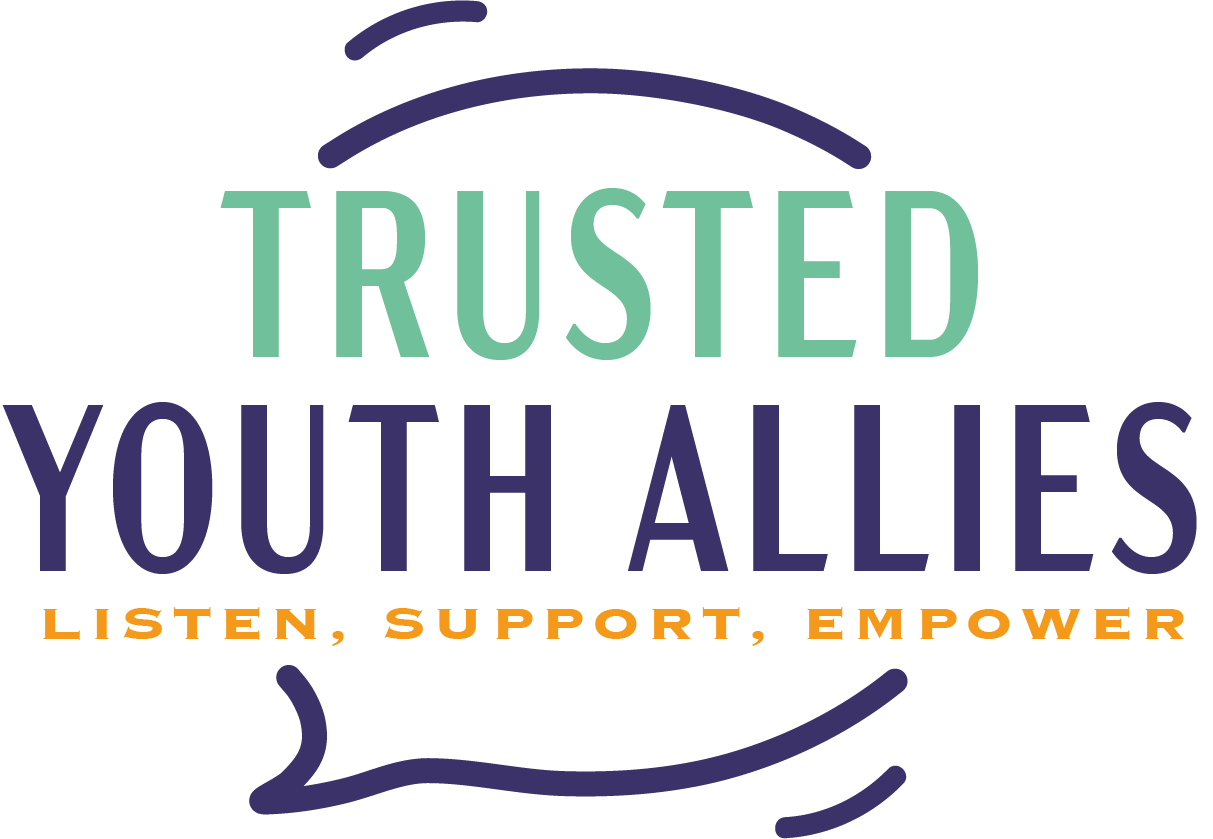Understanding Abuse
Abuse can happen in different ways, and it’s essential to know the signs to keep yourself and others safe, especially if you’ve been through a tough time. Understanding these signs helps you take control and get support if needed.
Types of Abuse
Abuse can show up in different ways and some types may seem less clear:
Controlling Behaviour: Someone might try to control what you do or who you see, making you feel trapped or cut off from friends and family. This behaviour can be coming from a family member as well.
Physical Harm: This includes hitting, pushing, slapping, rough handling or any form of physical violence. This can cause visible injuries like bruises or cuts or other times not visible injuries. This can take place anywhere; home, school, in public etc.
Emotional Manipulation: Sometimes, people can use words or actions to make you feel bad about yourself or scare you. This could be through constant criticism like mean comments or threats.
Emotional Abuse: This ties into emotional manipulation but it can include being shouted at; if someone yells at you a lot or makes fun of you, it’s not okay. This type of abuse can also include:
- Threats: If someone says they’ll hurt you or someone you care about, it’s important to tell someone you trust.
- Feeling humiliated or blamed: For example, if someone makes you feel bad about yourself or says things that aren’t true.
- Harassment and verbal abuse: If someone says mean things to you over and over again, it’s important to tell someone you trust.
- Cyber-bullying: If someone is unkind to you online like through your phone, it’s important to block them and tell someone about it.
Sexual Abuse: This ranges from indecent exposure, inappropriate looking or touching, or any kind of sexual activity. It can be caused by anyone e.g., a family member, a stranger, a neighbour etc, it is still sexual abuse no matter who does it whether the person is known to you or not.
- Unwanted touching: If someone is touching you in a way that makes you uncomfortable, or if they’re making you do things you don’t want to do and that are inappropriate that’s not okay. These can be signs of sexual abuse.
- Secrets: If someone is making you keep secrets about what they’re doing to you, especially if it’s something that makes you feel uncomfortable or scared, it’s important to tell someone you trust and share this information. Do not keep it to yourself.
Grooming: This ties into sexual abuse and it is good to be aware of.
- Special treatment: Groomers might try to be extra nice to you or give you gifts or attention that makes you feel uncomfortable. It’s important to remember that it’s okay to say no to things that make you feel uncomfortable. This can be taking place online or in-person.
- Keeping secrets: Groomers may try to make you keep secrets from your friends or family about certain things they’re doing or saying to you. Remember you can always talk to someone you trust about what’s happening including online support links at the end of the page.
Peer-on-Peer Abuse:
- Bullying: If someone your age is being mean to you, hurting you, or making you do anything you don’t want to do, it’s important to tell someone. This could be a sign of peer-on-peer abuse and can happen online or in-person.
- Pressure: Sometimes, other kids might try to pressure you into doing things you don’t want to do. It’s important to remember that you have the right to say no.
Recognising the Signs
Here’s how you can tell if something isn’t right.
- Behaviour Changes: If you or someone you know suddenly acts differently, like being sad or anxious all the time, it could be a sign of trouble.
- Physical Injuries: Look out for any unexplained bruises, cuts, or injuries, especially if they keep happening.
- Feeling Scared: Trust your instincts. If you feel afraid or uncomfortable around someone, especially if they’re supposed to care for you, it’s important to pay attention to those feelings and express them.
What You Can Do
If you think you’re experiencing abuse or have been through a tough situation, talk to someone you trust. This could be a teacher, school counsellor, family member or even someone in your faith group if you go to one. Remember, there are people who want to help you and make things better.
Further Support
Here are some places you can reach out to for support in the UK:
NSPCC (National Society for the Prevention of Cruelty to Children): https://www.nspcc.org.uk/ https://www.nspcc.org.uk/what-you-can-do/get-advice-and-support/
Childline: You can contact Childline about anything. Whatever your worry, they are here to support you – https://www.childline.org.uk/get-support/
Women’s Aid: Have a live chat service from 8am to 6pm daily – Women’s Aid
You’re not alone, and there are people who care about you and want to help. Recognizing the signs of abuse is the first step to getting help and care. You should never have to feel scared to reach out even if you think it’s something small.
Additional Note for Practitioners: If you’re a practitioner dealing with cases of abuse, remember to take care of yourself too. It’s essential to seek support and practice consistent self-care to prevent burnout so you can continue providing effective help to those in need.

